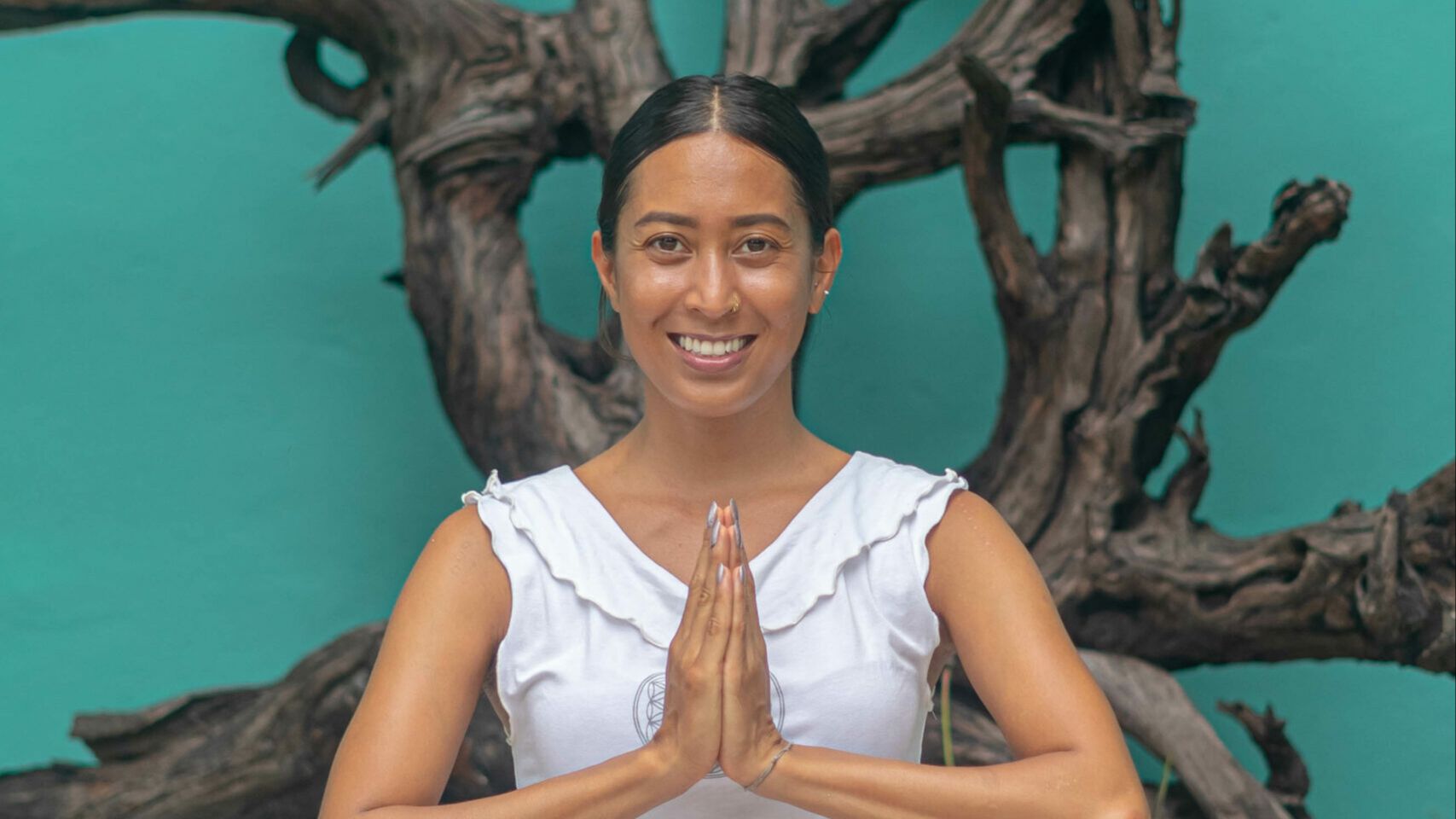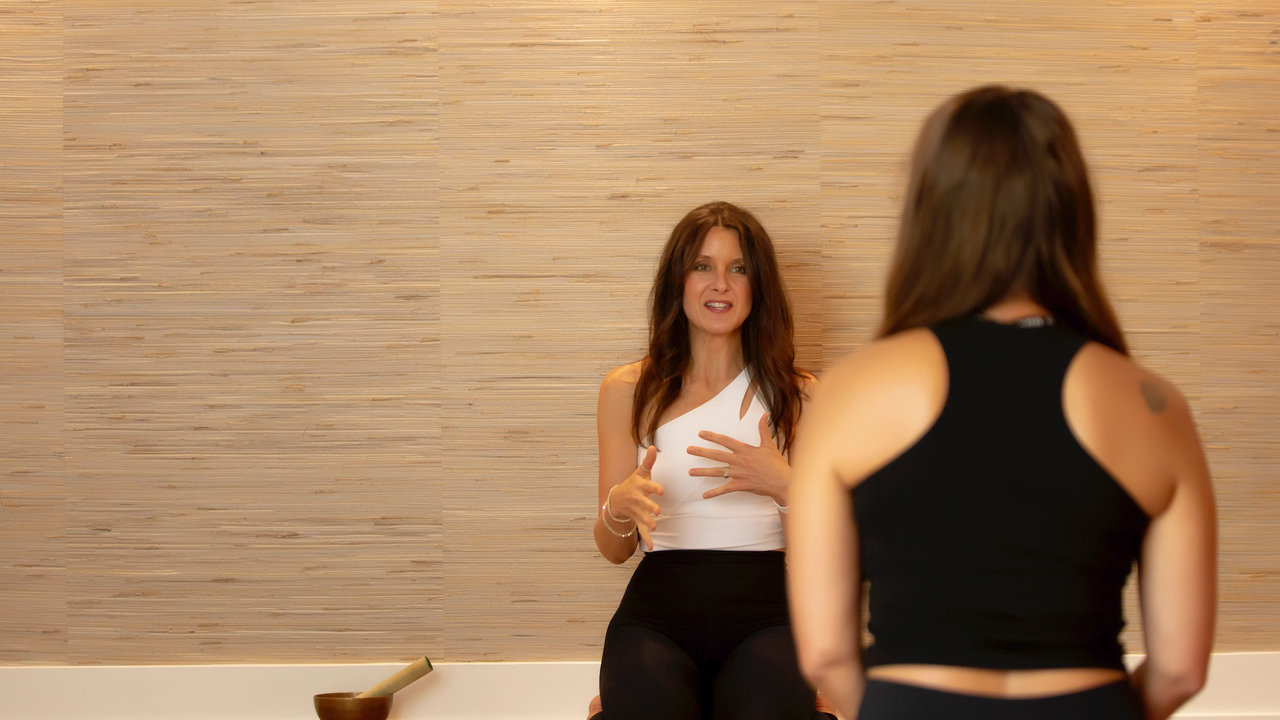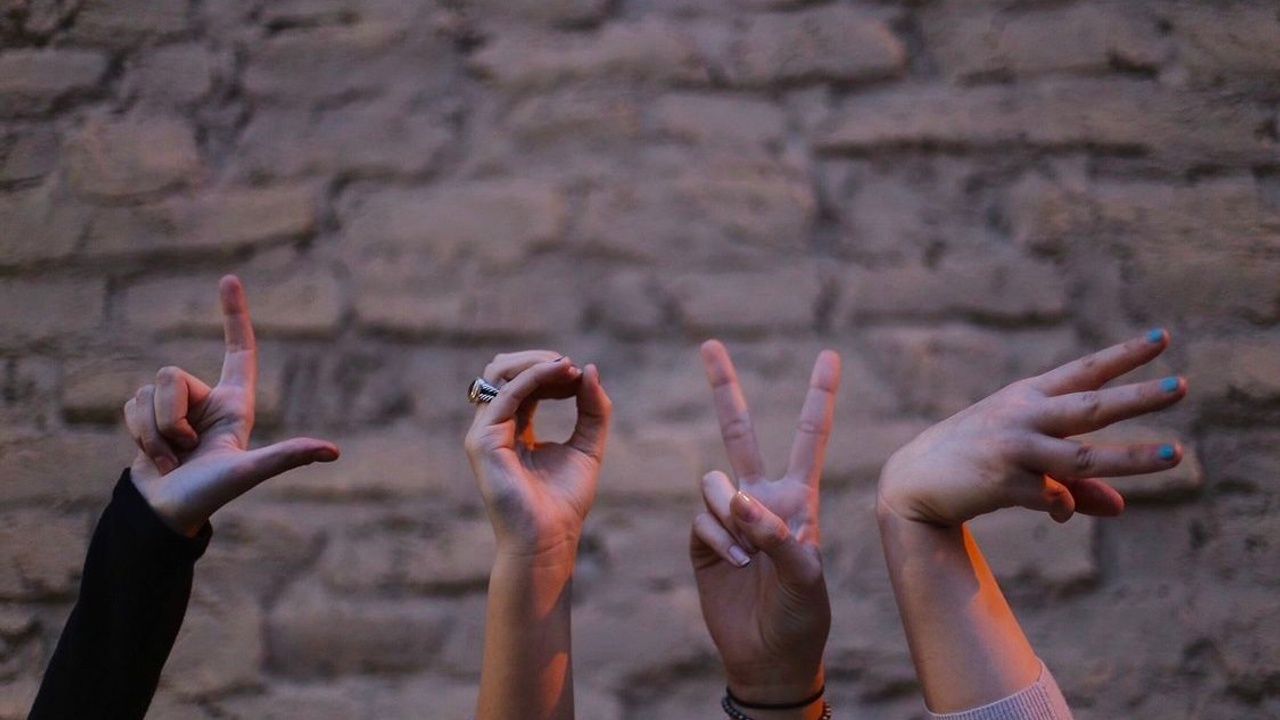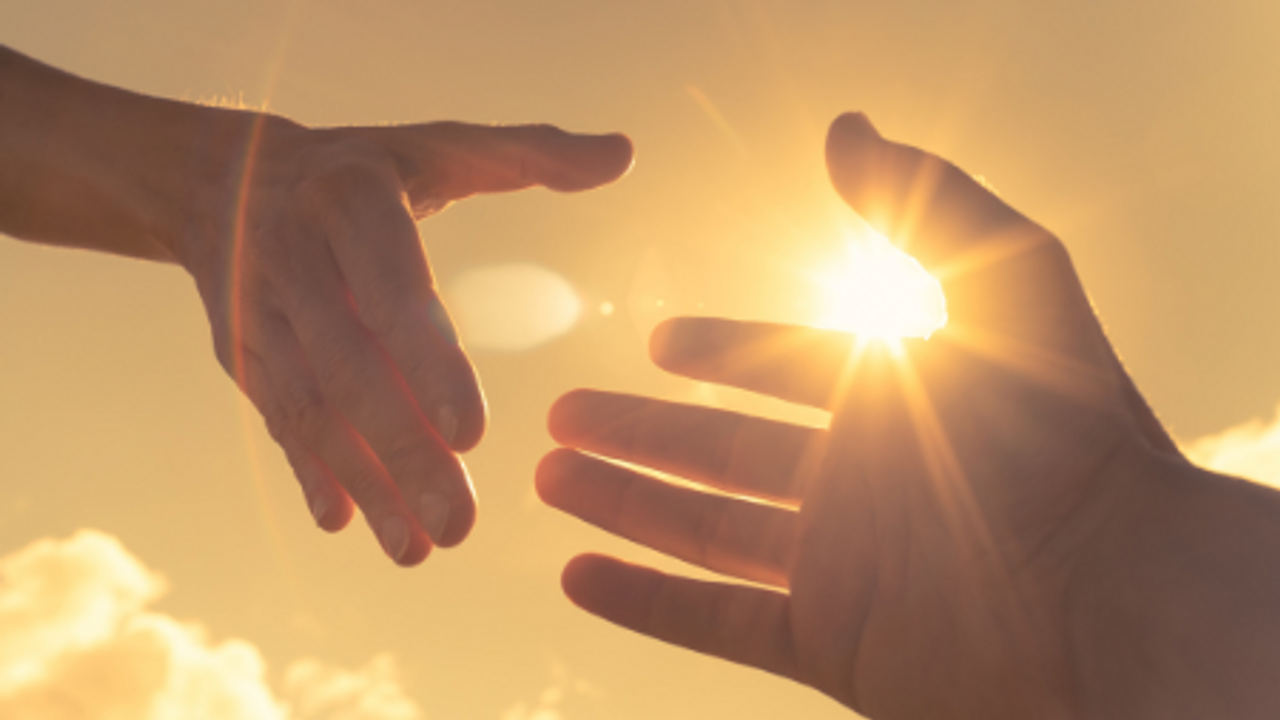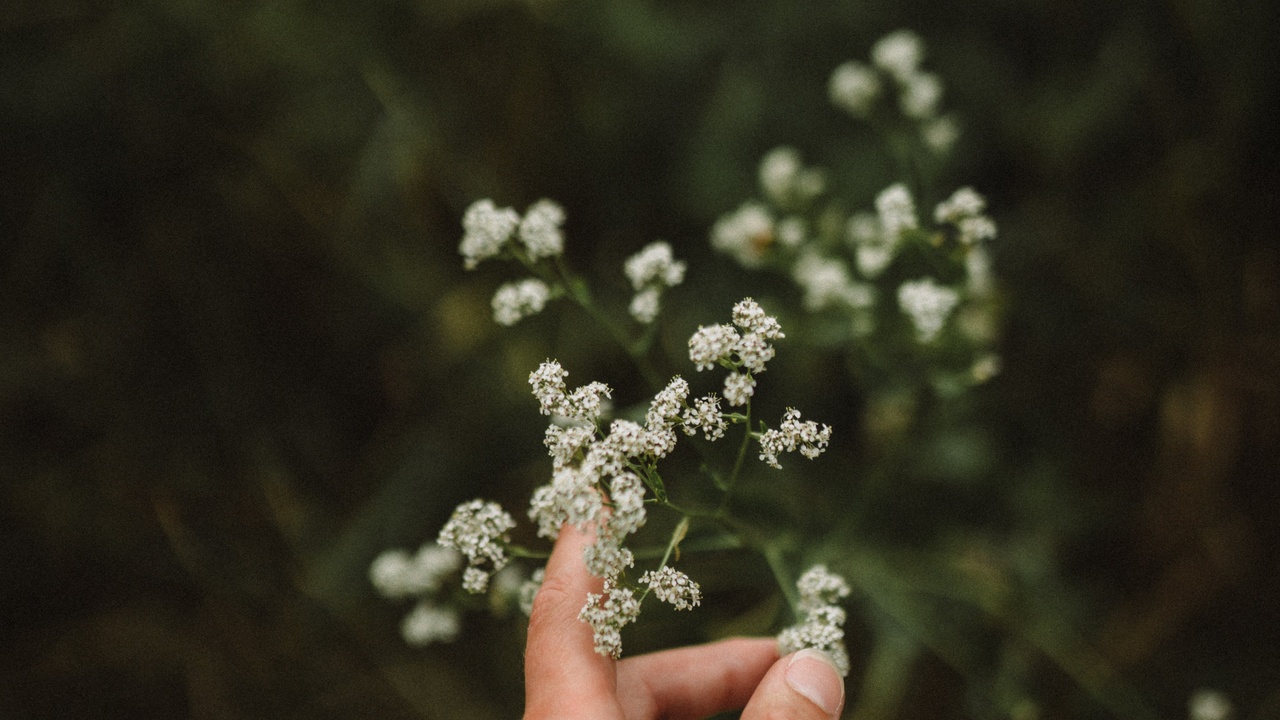Blog
Musings intended to encourage you To Be You.
Written by the TBY Team.
For free practice videos, click here!
Breath is Life - Pranayam Workshop Series
May 09, 2023
Sima Gandhi at TBY Yoga!
Apr 03, 2023
New to Yoga? Read These Frequently Asked Questions!
Sep 15, 2022
Human Connection Matters
Sep 25, 2021
Power of Reinvention
May 18, 2021
Keeping It Real
Jan 14, 2021
Finding Joy in Adversity
Oct 04, 2020
Yoga for Anxiety
Oct 01, 2020
Love Your Body
Feb 05, 2020
Unplugging To Tune In
Jul 06, 2019
Vinyasa: Keep On Flowing
Apr 10, 2019
Choose Peace Over Misery
Mar 19, 2019
“Undo,” Not “To Do"
Dec 03, 2018
My Definition of Aging Gracefully
Jul 18, 2018
Inner Growth
Jul 18, 2018


